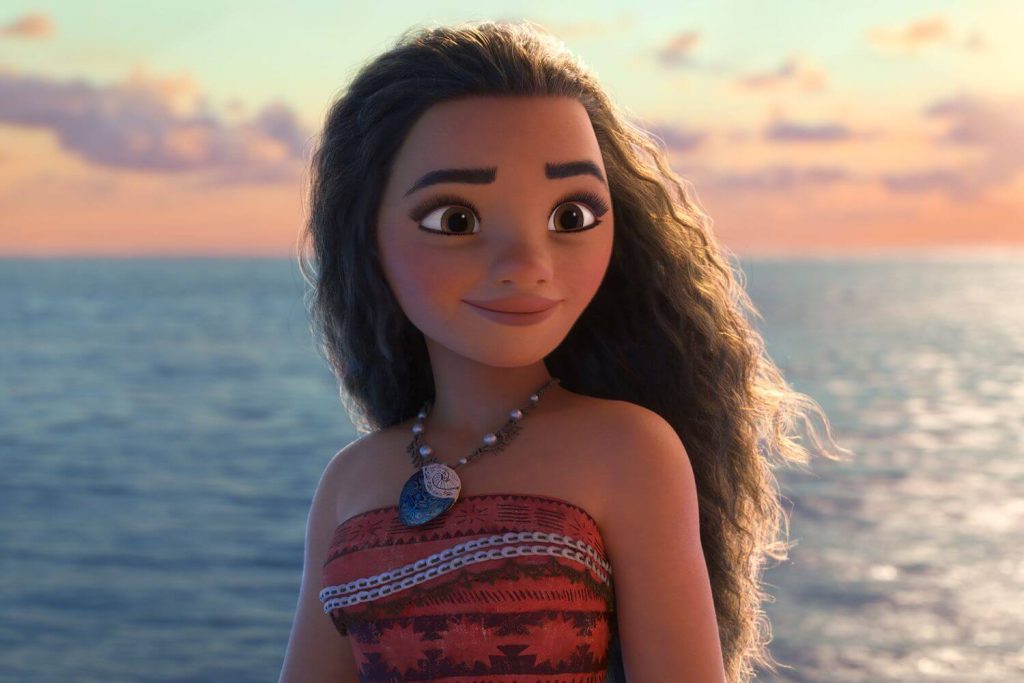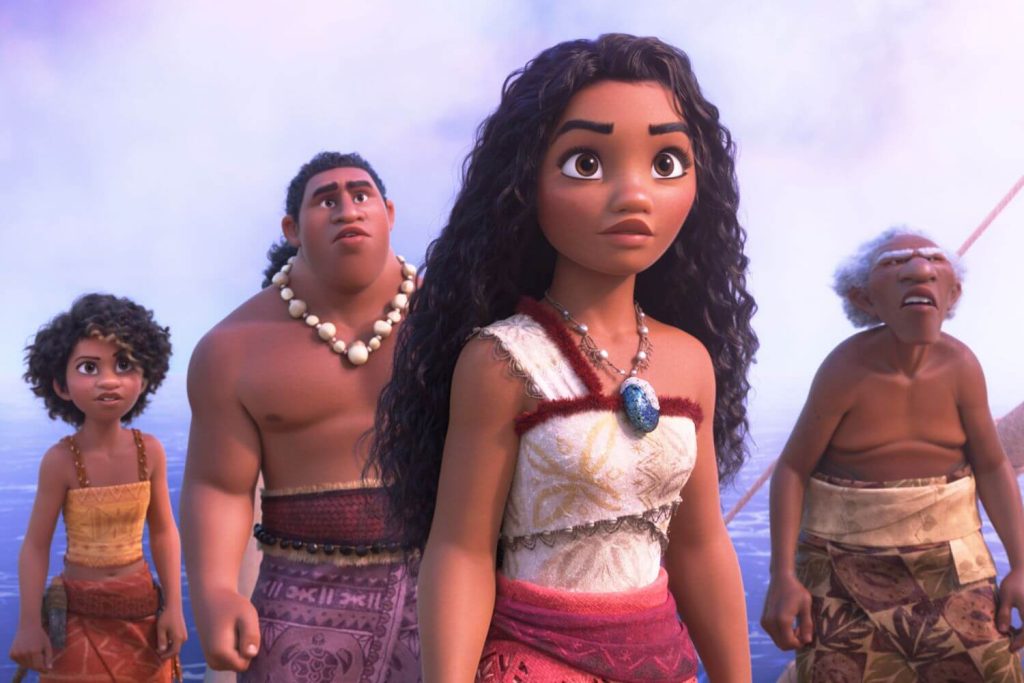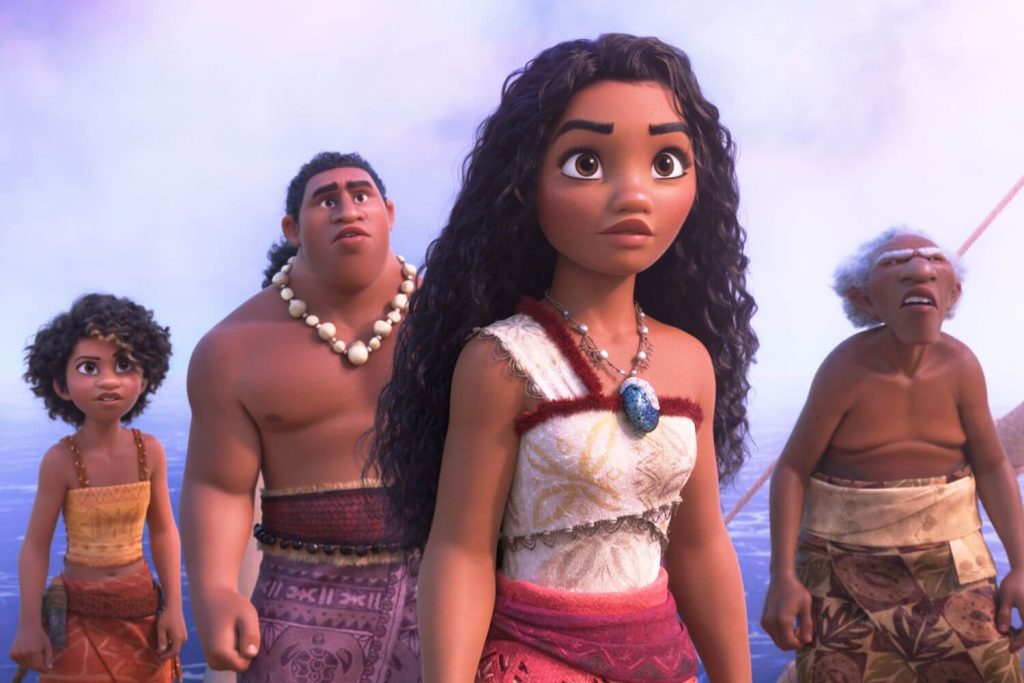Uncategorized
Disney’s ‘Moana’ and the Story That Sparked a Debate
The Origins of the Dispute: ‘Bucky the Surfer Boy’ vs. ‘Moana’
In 2020, writer and animator Buck Woodall filed a lawsuit against The Walt Disney Company, alleging that the 2016 animated film Moana was based on his unpublished work, Bucky the Surfer Boy. Woodall claimed that in 2004, he shared his story outline with Jenny Marchick, a relative by marriage who worked at Mandeville Films—a company with a first-look deal with Disney and offices on the Disney lot.
According to Woodall, he submitted materials including a 2003 story outline, a 2008 update, and a 2011 script. Upon watching Moana in 2016, he was struck by perceived similarities between his work and the film, prompting him to take legal action. Seeking $100 million in damages, Woodall argued that Disney had misappropriated his story without credit or compensation.

2. Key Allegations: Similarities Between the Works
Woodall’s lawsuit highlighted several alleged similarities between Bucky the Surfer Boy and Moana, including:
- Protagonist’s Journey: Both stories center on a teenager embarking on a voyage across Polynesian waters to save their homeland.
- Cultural Elements: Both narratives incorporate Polynesian spiritual beliefs, including ancestors manifesting as animal guides.
- Specific Plot Points: The use of a symbolic necklace, navigation by stars, a lava goddess, and a giant creature disguised as a mountainous island.
Woodall argued that these parallels were too significant to be coincidental and suggested that Disney had taken inspiration from his work without acknowledgment.
3. Disney’s Defense: Independent Creation and Lack of Access
Disney’s legal team strongly refuted Woodall’s claims on two primary grounds:
- Independent Creation: Disney maintained that Moana was developed independently by directors John Musker and Ron Clements, who were inspired by Polynesian mythology and their previous works, such as Hercules and The Little Mermaid. The company provided extensive documentation detailing the film’s creative process, proving that the concept had evolved without any external influence.
- Lack of Access: The defense emphasized that there was no evidence that anyone involved in Moana‘s development had access to Woodall’s materials. Jenny Marchick, the Disney-affiliated executive Woodall contacted, testified that she never shared his submissions with Disney or its creative teams. Without clear proof that Disney had access to Woodall’s work, the claim of copyright infringement was significantly weakened.
Disney’s legal argument focused on these points, asserting that similarities between the works were either coincidental or derived from shared cultural themes found in Polynesian storytelling traditions.

4. The Jury’s Verdict: Favoring Disney
After approximately 2.5 hours of deliberation, a federal jury in Los Angeles ruled in favor of Disney. The jury concluded that Moana‘s creators did not have access to Woodall’s content, making the question of substantial similarity between the two works irrelevant.
This swift verdict underscored the jury’s agreement with Disney’s defense that Moana was an independent creation, uninfluenced by Woodall’s unpublished materials. The ruling reaffirmed the importance of proving both access and similarity in copyright infringement cases—a burden that Woodall was ultimately unable to meet.
5. Implications and Future Considerations
The outcome of this lawsuit carries significant implications for the entertainment industry:
- Protection of Original Works: The verdict reinforces the importance of demonstrating access and substantial similarity in copyright infringement cases. Creators must provide concrete evidence that their work was accessed and copied to succeed in such lawsuits.
- Documentation of Development Processes: Disney’s ability to present extensive development records for Moana played a crucial role in its defense, highlighting the necessity for creators and companies to maintain thorough documentation of their creative processes.
- Ongoing Legal Battles: Despite this verdict, Woodall has filed a separate lawsuit concerning the 2024 sequel, Moana 2, seeking at least $10 billion in damages. Given the outcome of the initial lawsuit, the prospects of success in the subsequent case appear unlikely.
This case serves as a reminder of the complexities involved in intellectual property disputes and the rigorous standards required to prove copyright infringement in the creative industries. As the entertainment world continues to evolve, legal battles over storytelling and originality will likely remain a critical issue for content creators and corporations alike.
From dragontrendtees


